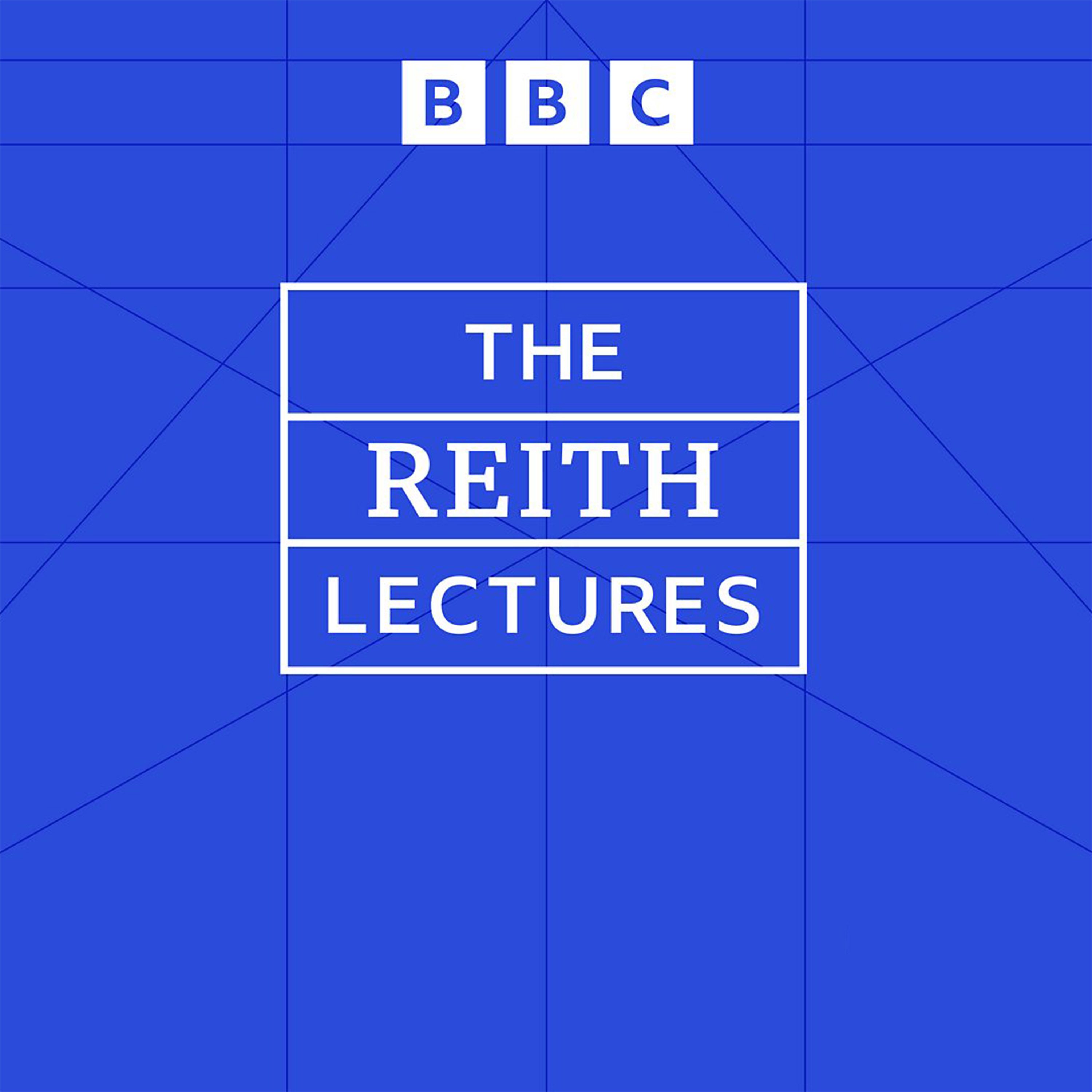

The Reith Lectures
BBC Radio 4
Significant international thinkers deliver the BBC's flagship annual lecture series
Episodes
Mentioned books

Jun 3, 2008 • 43min
Confucian Ways
Chinese Vistas: In a lecture recorded at the British Library in London, Jonathan Spence reflects on China's most enduring thinker, Confucius. Who was this man, what did he believe in, and what contemporary relevance does his message have, nearly 2,500 years after his death? The Confucian message has survived countless attacks and is being recycled by the Chinese Communist leadership today.

May 9, 2007 • 43min
Global Politics in a Complex Age
Jeffrey Sachs delivers the last of five lectures. He calls for a new Enlightenment to help make globalisation work for all and lays out a blueprint for global co-operation.

May 2, 2007 • 43min
Economic Solidarity for a Crowded Planet
Jeffrey Sachs delivers the fourth of five lectures. He considers the challenges of extreme poverty and the worry of the developed world which fears for its own prosperity.

17 snips
Apr 25, 2007 • 43min
The Great Convergence
Jeffrey Sachs discusses the challenges faced by our generation due to population growth and technological advancements. He emphasizes the benefits of globalization, diversity, and controlled immigration. Sachs also highlights the importance of building trust with various countries and groups, and explores the dynamics of global migration and economic forces. He emphasizes the need for reasonable leadership in addressing global challenges and highlights the problem of religious strife and violence.

Apr 18, 2007 • 43min
Survival in the Anthropocene
Jeffrey Sachs delivers the second lecture from the University in Beijing. He discusses China's emergence as an economic superpower and asks what this means for the challenges ahead.

Apr 11, 2007 • 42min
Bursting at the Seams
Jeffrey Sachs delivers the first of five lectures, recorded at The Royal Society, London. Sachs outlines the challenges facing mankind and argues that we must adapt to the new age.

May 5, 2006 • 42min
The Power of Music
This year's lecturer is Daniel Barenboim, who has become known as one of the most versatile pianists of his generation. His skill as a conductor and a musician has led him to world recognition and the appointment as Chief Conductor for Life by the Staatskapelle Berlin. He has also won a Grammy for his recording of Wagner's Tannhäuser and received the Wilhelm Furtwängler Prize for his work with the Staatskapelle Berlin.In his final lecture, delivered in Jerusalem's International YMCA, Daniel Barenboim discusses the power music has beyond words. Music is more than just a physical power it is also has an emotional strength. He explores the hold music has over us and the association that music can evoke. He distinguishes between the substance of music and our perceptions of it.

Apr 28, 2006 • 42min
Meeting in Music
This year's lecturer is Daniel Barenboim, who has become known as one of the most versatile pianists of his generation. His skill as a conductor and a musician has led him to world recognition and the appointment as Chief Conductor for Life by the Staatskapelle Berlin. He has also won a Grammy for his recording of Wagner's Tannhäuser and received the Wilhelm Furtwängler Prize for his work with the Staatskapelle Berlin.In his fourth Reith Lecture, delivered from Jerusalem, Daniel Barenboim talks about co-founding the West Eastern Divan Orchestra and how it represents his central belief that music has the power to bring people together. He explains how his chance meeting with the late Palestinian-born writer Edward Said attempted to changed the political and musical landscape of the Middle East by promoting music and co-operation through projects targeted at young Arabs and Israelis.

Apr 21, 2006 • 42min
The Magic of Music
This year's lecturer is Daniel Barenboim, who has become known as one of the most versatile pianists of his generation. His skill has led him to world recognition and the appointment as Chief Conductor for Life by the Staatskapelle Berlin. He has also won a Grammy for his recording of Wagner's Tannhäuser and received the Wilhelm Furtwängler Prize for his work with the Staatskapelle Berlin.Speaking from Berlin, Daniel Barenboim argues in his third Reith Lecture that classical music is not an exclusive language. He explains that given the right attitude it can be understood by everyone and not just the musical elite. He also examines how political correctness and bad education have caused the inability to make value judgements about public standards in music appreciation.

Apr 14, 2006 • 42min
The Neglected Sense
This year's lecturer is Daniel Barenboim, who has become known as one of the most versatile pianists of his generation. His skill as a conductor and a musician has led him to world recognition and the appointment as Chief Conductor for Life by the Staatskapelle Berlin. He has also won a Grammy for his recording of Wagner's Tannhäuser and received the Wilhelm Furtwängler Prize for his work with the Staatskapelle Berlin.In his second lecture, delivered from Chicago, Daniel Barenboim argues that we rarely listen to the music of our choosing and that too often we hear music which we have no control over. He argues that this unwelcome 'muzak' is largely responsible for encouraging people not just to neglect the ear but to repress it.


